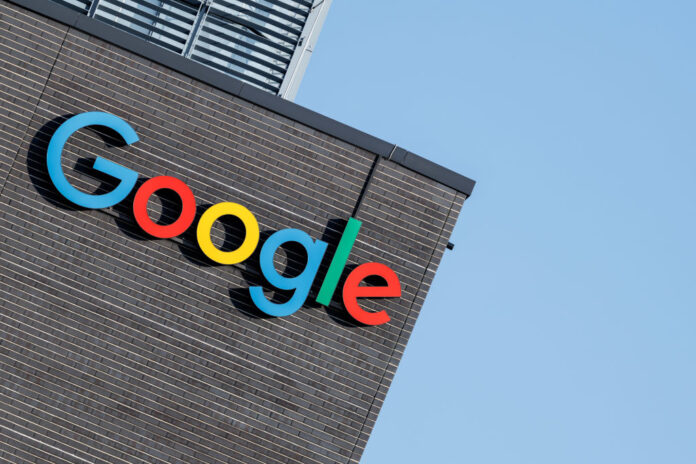Google, following on the heels of OpenAI, revealed a coverage proposal in response to the Trump Administration’s name for a nationwide “AI Motion Plan.” The tech big endorsed weak copyright restrictions on AI coaching, in addition to “balanced” export controls that “defend nationwide safety whereas enabling U.S. exports and international enterprise operations.”
“The U.S. must pursue an energetic worldwide financial coverage to advocate for American values and help AI innovation internationally,” Google wrote within the doc. “For too lengthy, AI policymaking has paid disproportionate consideration to the dangers, typically ignoring the prices that misguided regulation can have on innovation, nationwide competitiveness, and scientific management — a dynamic that’s starting to shift beneath the brand new Administration.”
Considered one of Google’s extra controversial suggestions pertains to the usage of IP-protected materials.
Google argues that “honest use and text-and-data mining exceptions” are “important” to AI growth and AI-related scientific innovation. Like OpenAI, the corporate seeks to codify the appropriate for it and rivals to coach on publicly obtainable knowledge — together with copyrighted knowledge— largely with out restriction.
“These exceptions permit for the usage of copyrighted, publicly obtainable materials for AI coaching with out considerably impacting rightsholders,” Google wrote, “and keep away from typically extremely unpredictable, imbalanced, and prolonged negotiations with knowledge holders throughout mannequin growth or scientific experimentation.”
Google, which has educated plenty of fashions on publicly obtainable, copyrighted knowledge, is battling lawsuits with knowledge homeowners who accuse the corporate of failing to inform and compensate them earlier than doing so. U.S. courts have but to determine whether or not honest use doctrine successfully shields AI builders from IP litigation.
In its proposal, Google additionally takes problem with export controls imposed beneath the Biden Admininstration, which it says “could undermine financial competitiveness targets” by “imposing disproportionate burdens on U.S. cloud service suppliers.” That contrasts with statements from Google rivals like Microsoft, which in January mentioned that it was “assured” it might “comply absolutely” with the principles.
Importantly, the export guidelines carve out exemptions for trusted corporations looking for giant clusters of superior AI chips.
Elsewhere in its proposal, Google requires “long-term, sustained” investments in foundational home R&D, pushing again towards latest federal efforts to cut back spending and get rid of grant awards. The corporate mentioned the federal government ought to launch knowledge units that could be useful for industrial AI coaching, and allocate funding to “early-market R&D” whereas making certain computing and fashions are “extensively obtainable” to scientists and establishments.
Pointing to the chaotic regulatory surroundings created by the U.S.’ patchwork of state AI legal guidelines, Google urged the federal government to go federal laws on AI, together with a unified privateness and safety framework. Simply over two months into 2025, the variety of pending AI payments within the U.S. has grown to 781, in line with a web based monitoring software.
Google cautions the U.S. authorities towards imposing what it perceives to be onerous obligations round AI methods, like utilization legal responsibility obligations. In lots of circumstances, Google argues, the developer of a mannequin “has little to no visibility or management” over how a mannequin is being utilized by a developer and thus shouldn’t bear duty for misuse.
“Even in circumstances the place a developer supplies a mannequin on to deployers, deployers will typically be greatest positioned to know the dangers of downstream makes use of, implement efficient threat administration, and conduct post-market
monitoring and logging,” Google wrote.
Google additionally referred to as disclosure necessities like these being contemplated by the EU “overly broad,” and mentioned the U.S. authorities ought to oppose transparency guidelines that require “divulging commerce secrets and techniques, permit rivals to duplicate merchandise, or compromise nationwide safety by offering a roadmap to adversaries on circumvent protections or jailbreak fashions.”

